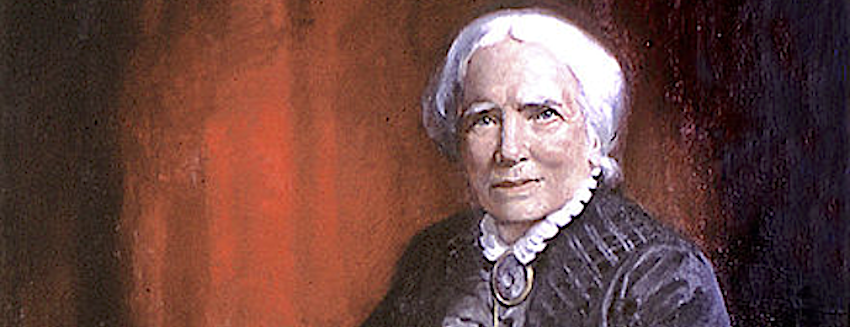January 16 — January 31, 2021
History Matters
Showing our children that their past is prelude to their future
Benjamin Franklin, the paternal polymath of Revolutionary America, was born January 17, 1706, and died eighty-four years later. His formal education ended at 10, but Franklin taught himself to read and write; subsequently, he matured into an expert, adolescent essayist, producing pieces, pseudonymously, as “Silence Dogood.”
Eventually, he authored the bestselling Poor Richard’s Almanack—a compendium of poems, calendar, and recipes; trivia, humor, practical advice; weather predictions, astrological information, and pithy proverbs.
And his later achievements as a printer, publisher, author, inventor, scientist, and diplomat, mutated the world.
Franklin’s triumphs were variegated, and the scope of his nimble masterminding of the Franklin Stove, bifocals, electricity, and swim fins was unprecedented. He was also America’s first Postmaster General, and founder of the University of Pennsylvania.
Most important: Franklin was a Founding Father. According to History.com, he was the only Founding Father “to have signed all four of the key documents establishing the U.S.: The Declaration of Independence (1776), the Treaty of Alliance with France (1778), the Treaty of Paris establishing peace with Great Britain (1783) and the U.S. Constitution (1787).”
The Grateful American Book Prize recommends The Autobiography of Benjamin Franklin.

Apparently, it was a “practical joke” when the all-male student body at Geneva Medical College–now State University of New York–voted to accept Elizabeth Blackwell as a student in 1847. Two years later–on January 23, 1849–she graduated at the top of her class; at commencement, the school’s dean acknowledged her achievement in a rather cynical manner and concluded his remarks by declaring his hope that Dr. Blackwell would be the last woman to be admitted to the college.
The Boston Medical and Surgical Journal—now The New England Journal of Medicine– called her achievement “a farce.”
Blackwell completed her graduate studies in London; in 1851, she returned to the U.S., but she was shunned–and barred– from practicing in hospitals. Undaunted, she opened an office in New York City’s tenement district; six years later, she set up The New York Infirmary for Women and Children, with her sister Emily–also doctor–and a third female physician.
For more information, the Grateful American Book Prize recommends Elizabeth Blackwell: First Woman M.D. by Nancy Kline.

Jules Verne’s Around the World in Eighty Days, was published in 1872, but it is still popular. His hero, Phileas T. Fogg, managed to accomplish the feat.
Because the book was a best seller in America and abroad, the editors of the New York World decided to challenge their paper’s star reporter, Nellie Bly, to circumnavigate the globe in under 80 days. The intrepid newspaperwoman did not hesitate. She departed New York City, heading east, and returned 72 days, 6 hours, 11 minutes, and 14 seconds later– on January 25, 1890.
Nellie Bly was not her real name; she was born Elizabeth Cochrane, but in those days, it was considered improper for a woman to write under her own moniker. She changed it to “Nellie Bly” when she became a journalist.
According to the Library of Congress, “No stranger to fame, the daring Miss Bly had already made a name for herself by exposing the deplorable conditions of an insane asylum on New York’s Blackwell’s Island. Bly researched the story by feigning insanity and having herself committed for ten days. Her exposé on the asylum and later reports on slum life brought about needed reforms and helped pave the way for women in journalism.”
For more information, The Grateful American Book Prize recommends Bly’s memoir: Undercover: Reporting for The New York World 1887 – 1894.

History Matters is a biweekly feature courtesy of The Grateful American Book Prize




